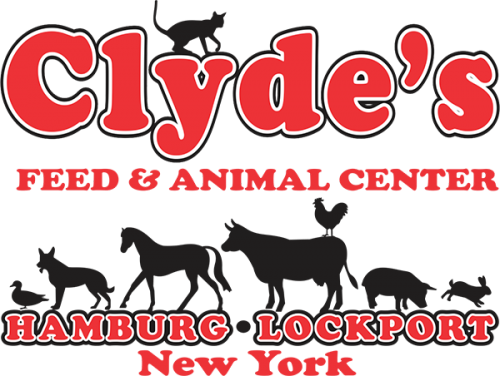Is your turf thin and scraggly? Do your landscaping plants show very little growth? Are your flowerbeds dull? Is your garden producing poorly? Your soil may be the culprit, and proper maintenance is the key to improving growth, plant health and productivity all over your yard. Fortunately, it's easy to take simple steps to get your soil to its best.
8 Steps Anyone Can Do to Improve and Maintain Soil
- Get the Soil Tested
Before trying to improve your soil, you need to know what you are starting with. A simple test from a local extension service, garden center or landscaping office can determine what type of soil you have, what its organic component may be, what its average pH level is and how well it retains moisture. Once you know where your soil stands, you can take steps to make it even better or to correct any problems you find.
- Remove Excessive Rocks
Rocky soil can be the most difficult to work with – it's hard to dig into, plants struggle to put down roots and moisture can be uneven. You can use a rock rake or soil sifter to remove the worst offending rocks from your soil, picking them out by hand from the areas you want to improve the most, such as a garden plot or flowerbed. You only need to remove rocks from the top few inches of soil to have a dramatic impact on soil quality.
- Aerate the Soil
Heavily compacted soils or soil with high clay content absorbs moisture very poorly, has very little drainage and makes plants struggle to grow deep roots. Aerating the soil will immediately improve air circulation and moisture absorption. When you do this, rake up the soil plugs to prevent them from refilling the aeration holes, and all your soil will be able to relax more.
- Add Organic Material
Adding more organic material to your soil can solve a host of problems and will provide superior nutrition for anything you want to grow. You can add a layer of old manure or compost over the soil to let it decay through the fall and winter, or you can work shredded leaves or compost into the top few inches of soil. This is a process that may take several seasons for the organic material to decay completely, but the results can be phenomenal.
- Adjust pH Balance
A soil that is too acidic or has too little acidity can make it difficult for certain plants to grow. Once you know your soil's pH level – through a general soil test or a specific pH test – you can take steps to adjust it to better nourish your plants. Adding more organic material will increase the acidity, while adding lime or wood ashes will decrease the acidity. Check the needs of the plants you want to flourish before you take steps to adjust your soil's pH.
- Cultivate Creepy Crawlies
You may not enjoy how some bugs interact with your landscaping or garden, but many bugs, beetles and worms are very beneficial to healthy soil. They help decompose organic material into base nutrients plants can absorb, they help keep soil aerated and their feces add more nourishment to the soil. Avoid using pesticides whenever possible so beneficial insects have a safe home, and consider growing extra earthworms to introduce to your garden and flowerbeds if needed.
- Fertilize Properly
When your landscaping and gardening are constantly growing and producing, they will quickly use up all the nutrients your soil has to offer. Thoughtful fertilization can replenish those nutrients and keep your soil lush and nutritious. Organic fertilizers, including compost and manure, are the best option, or you can choose from a range of specially formulated supplemental fertilizers to apply to your lawn, garden and soil. Choose the product that best meets the your soil's needs and follow the application instructions carefully to avoid misuse that could damage your soil.
- Be Patient
It takes time to condition soil to meet specific needs, and if your soil is in very poor condition to begin with, it may be years before it is the rich, nourishing dirt you desire. Work with it carefully, however, and each season it will improve and soon you'll have fantastic soil that only needs minor maintenance each year to properly nourish all your plants.






Comments